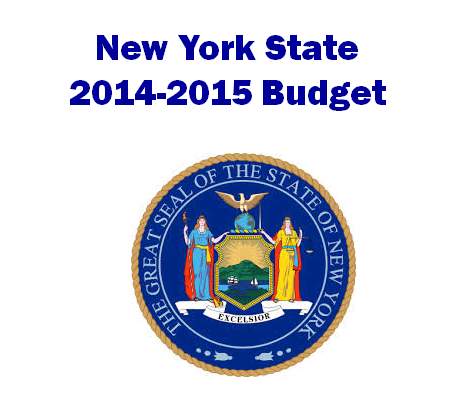70% of Fortune 500 Companies Use Offshore Tax Havens
June 9, 2014. In 2013, 70% of Fortune 500 companies used tax havens. More of these companies were based in New York than in any other state, depriving New York of considerable tax revenue. The practice of “booking profits” in foreign countries where there are few or no taxes is examined in a new study released yesterday by U.S. Public Interest Research Group (USPIRG) and Citizens for Tax Justice (CTJ), “Offshore Shell Games 2014: The Use of Offshore Tax Havens by Fortune 500 Companies.” For [...]



